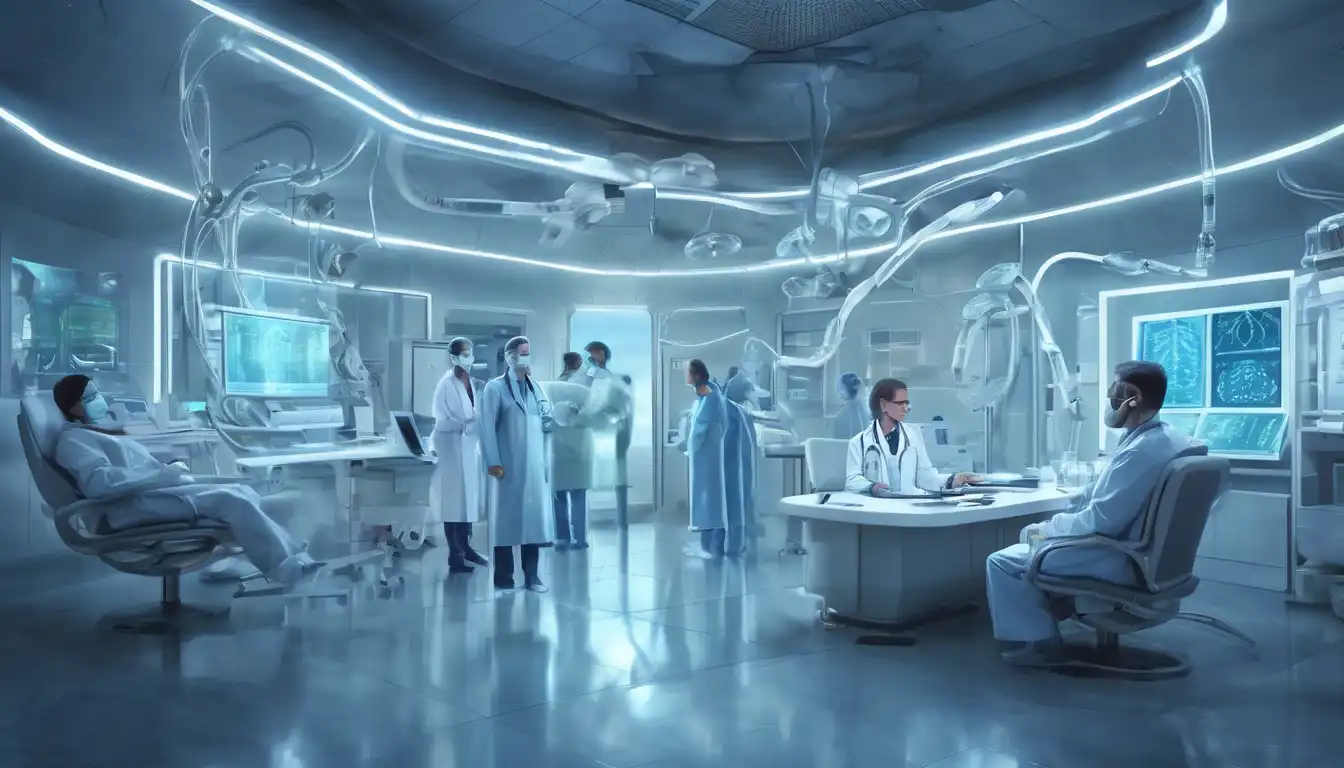Introduction to AI in Healthcare
Artificial Intelligence (AI) is revolutionizing the healthcare industry by offering innovative solutions to complex problems. From diagnostics to patient care, AI's role in modern healthcare is undeniable. This article explores how AI is transforming healthcare solutions, making them more efficient, accurate, and accessible.
AI-Powered Diagnostics
One of the most significant contributions of AI in healthcare is in the field of diagnostics. AI algorithms can analyze medical images with precision, often surpassing human accuracy. This not only speeds up the diagnostic process but also reduces the chances of human error, leading to better patient outcomes.
Enhancing Patient Care with AI
AI is also playing a crucial role in patient care. Virtual health assistants and chatbots provide 24/7 support to patients, answering queries and offering medical advice. Moreover, AI-driven predictive analytics can identify potential health risks before they become serious, enabling preventive care.
Streamlining Healthcare Operations
Beyond patient care, AI is streamlining healthcare operations. From managing patient records to optimizing hospital workflows, AI applications are making healthcare systems more efficient. This not only reduces operational costs but also improves the overall quality of care.
Challenges and Ethical Considerations
Despite its benefits, the integration of AI in healthcare comes with challenges. Issues such as data privacy, ethical considerations, and the need for robust AI governance frameworks are critical. Addressing these challenges is essential for the sustainable adoption of AI in healthcare.
Conclusion
The role of AI in modern healthcare solutions is transformative. By enhancing diagnostics, patient care, and operational efficiency, AI is setting new standards in the healthcare industry. However, navigating the ethical and operational challenges is crucial for maximizing its potential. As technology evolves, the future of AI in healthcare looks promising, offering endless possibilities for innovation and improvement.
For more insights into how technology is shaping the future of healthcare, explore our technology trends section.
